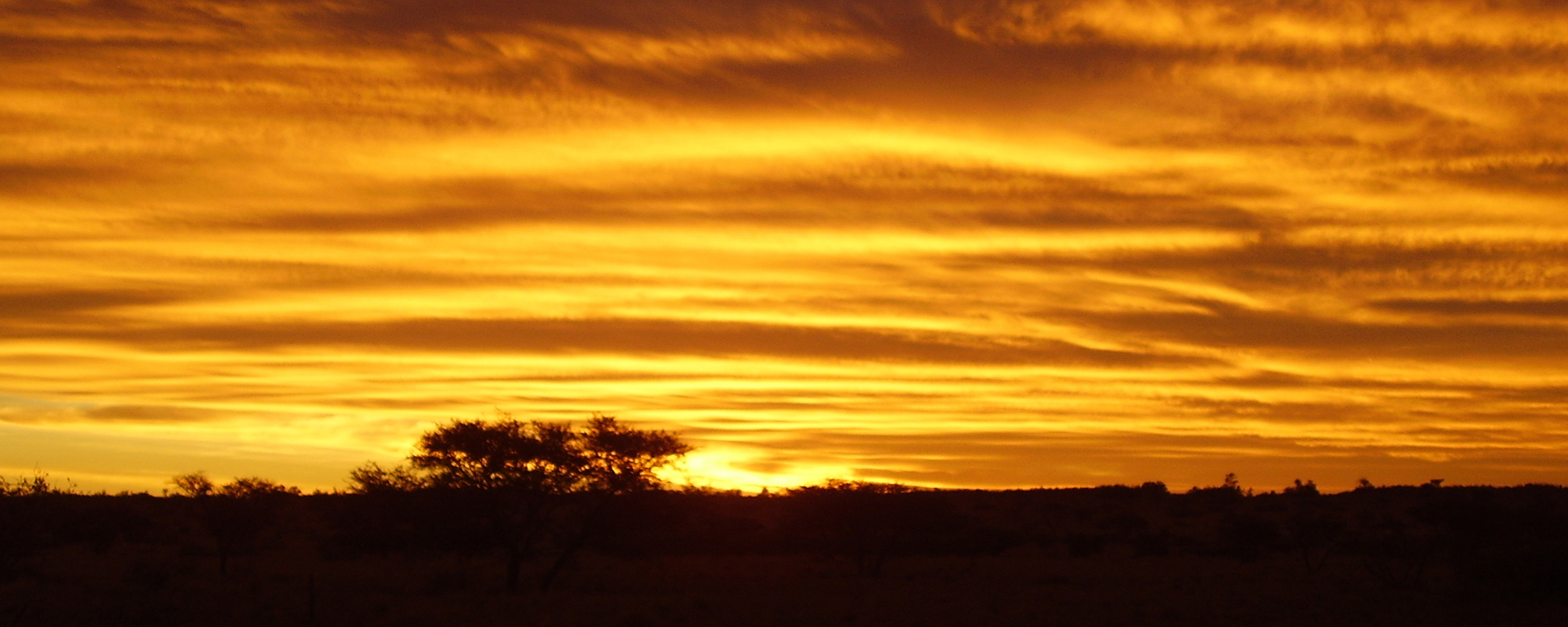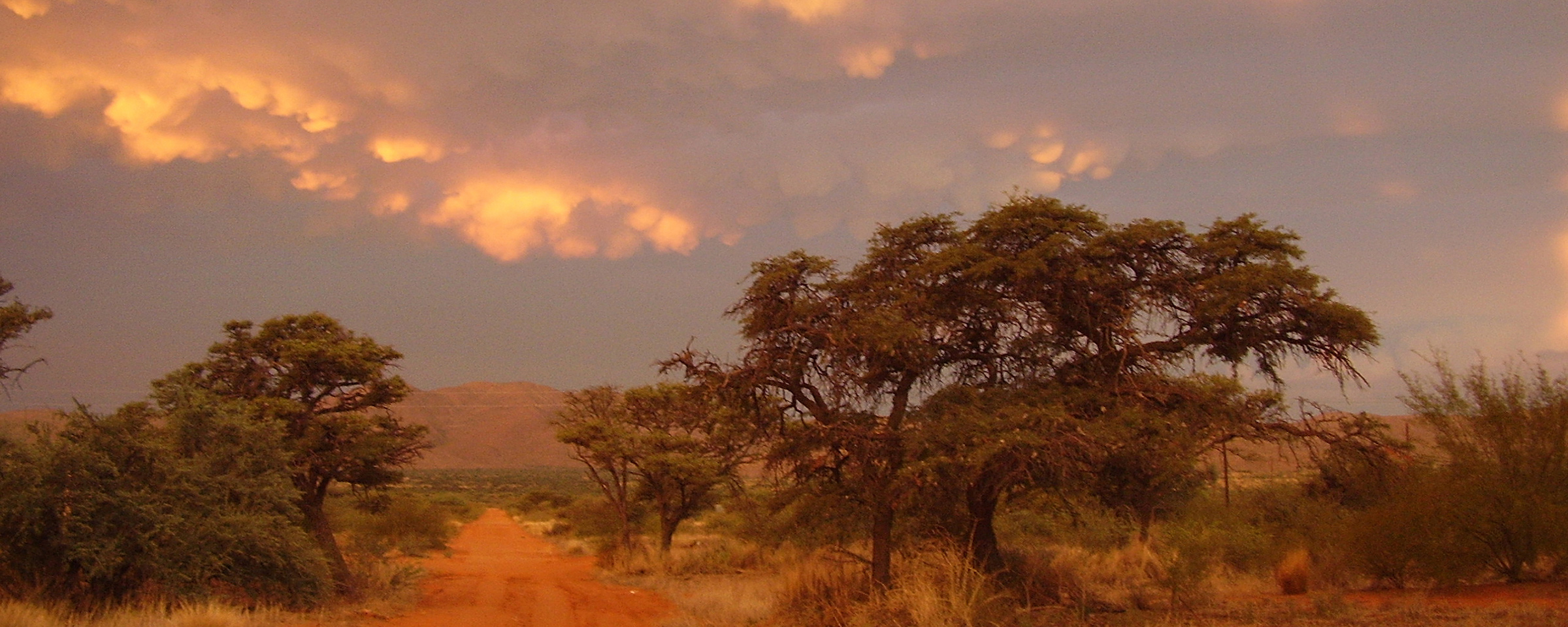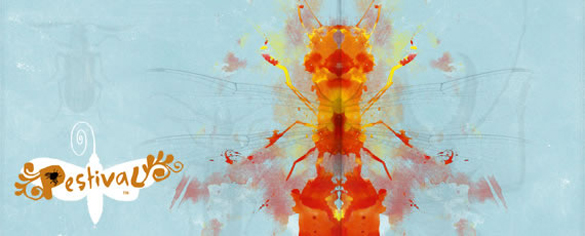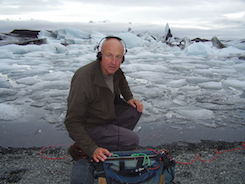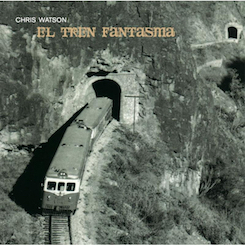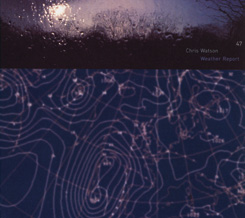Afternoon Play: The Ditch
BBC Radio 4
Monday 1 February 2010, 14.15-15.00
Tom Saunders, a wildlife sound recordist, goes missing leaving only a collection of recordings and a notebook. These fall into the hands of his radio producer and the drama’s narrator who tries to piece together what has happened. His quest leads him back to the disturbing aural landscape of Slaughton Ditch where an obsession with hidden sounds has terrifying and fatal consequences. Recorded on location, this chilling tale is written and narrated by Paul Evans.
Tom Saunders: Jimmy Yuill
Narrator : Paul Evans
Other parts played by Christine Hall and Richard Angwin
WILDLIFE SOUND RECORDIST: Chris Watson
SOUND ENGINEER : Mike Burgess
PRODUCER / DIRECTOR: Sarah Blunt
NATURE: A Local Patch (part 1)
BBC Radio 4
Tuesday 2 February 11.02 (rpt Wednesday 3 February, 21.02)
In the first of two programmes exploring our relationship with the landscape and the value of getting to know ‘a local patch’ three wildlife enthusiasts share their experiences of their own ‘local patch’.
For wildlife sound recordist Chris Watson, the local patch is his suburban back garden in Newcastle upon Tyne, where the recordings he has made over the years chart not only the changes in the landscape and the wildlife, but also trigger memories of the past. For wildlife cameraman, John Aitchison, it’s the sea loch which lies just beyond his home on the west coast of Scotland which is his local patch; a place which he shares with sea otters, curlew and migrating geese. The local patch of wildlife artist and writer Jessica Holm, is the woodland on the Isle of Wight where she spent four years studying red squirrels.
Recordings from each location are weaved together highlighting the value of getting to know a patch of landscape so well that its ‘like having a second skin’, says Jessica Holm. It’s a revealing and fascinating insight into the power of experience and the relationships between people and place, between Man and Nature.
Wildlife sound recordist: Chris Watson
Producer: Sarah Blunt
(NATURE: A Local Patch (part 2) is on BBC Radio 4, Tuesday 9 February 11.02, rpt Wed 10 Feb 21.02)
